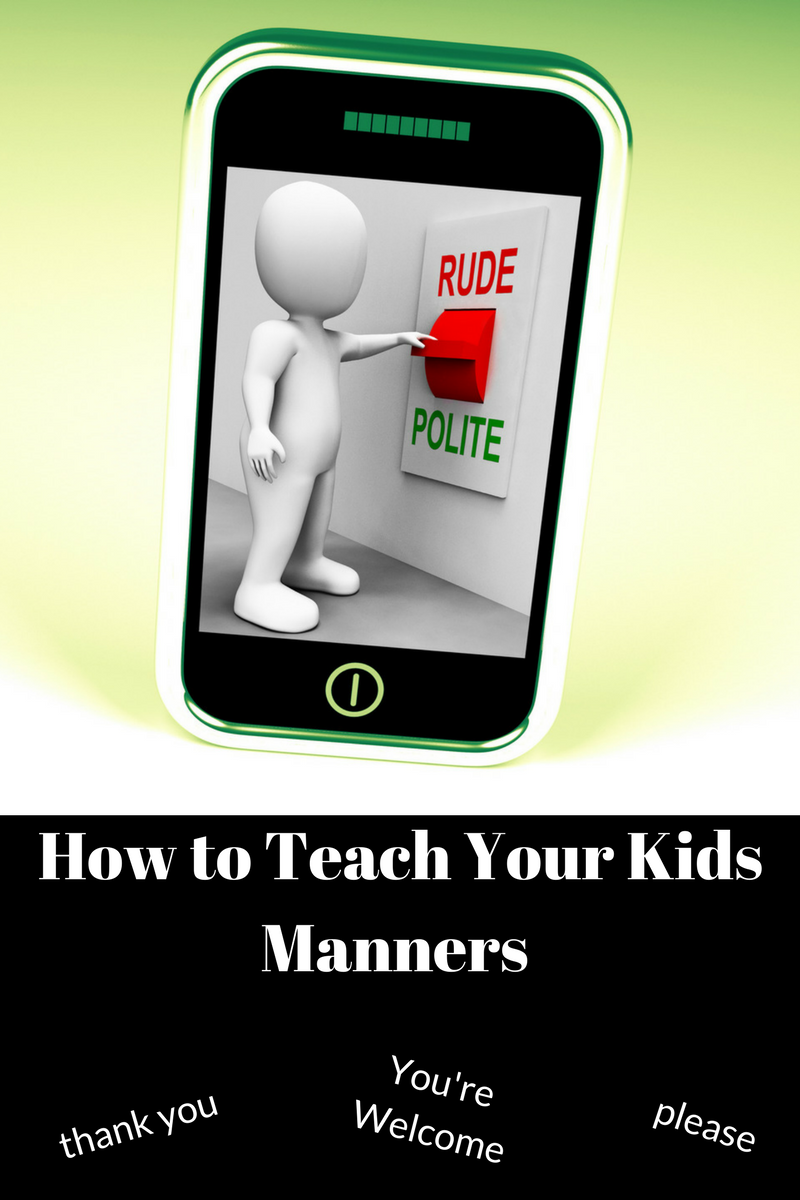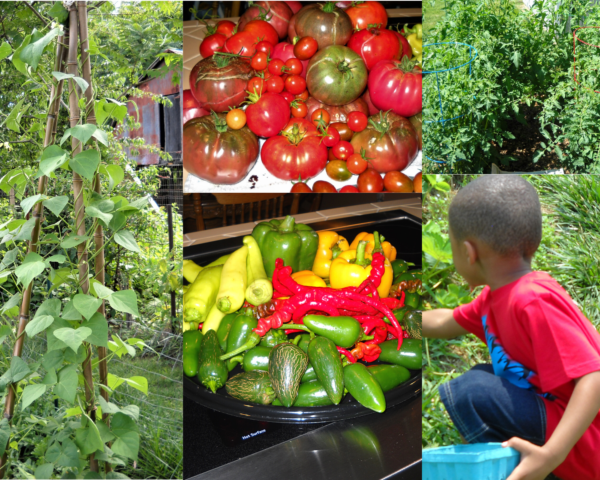Today, I’m sharing parenting tips on teaching your child manners. All parents want to know that they are teaching their children to be as polite as possible. Being polite is a necessary and important part of being a part of society. And, it is best to instill these values in your children at a young age.
This is good for them, for you, and for everyone around them. However, some parents struggle with the approach from time to time. If you find yourself struggling, consider the following: The greatest power you have is the power to choose. – Lou Holtz. If you choose to have polite children, you will do the work.

Teaching Your Child Manners:
Saying Thank You
This has to be one of the most important manners of all. But, it is often one that is hardest for children to learn. Why isn’t really clear. However, saying thank you doesn’t always come naturally for a lot of kids. As a result, this can make it difficult to instill this particular manner properly.
However, it is vital to ensure that they learn to say thank you when it is required. The only way to do this is to make it a real priority. Remind them whenever necessary, and gently admonish them if they forget. It might also be worth encouraging them to take extra steps when they have something to be particularly grateful for. If you have older children, teach them to send monogrammed thank you notes or a handwritten letter. Teaching etiquette is a good idea too. It is good for them to know that there are other ways of saying thank you.

Respecting Others
Teaching children to show respect for others is important. It will slowly become second nature, when it is demonstrated and taught over and over. You can’t force it, but you can encourage them and be an example of how to show respect to other.
Be An Example
Your role as parent is very important when it comes to teaching your child manners. It is your duty to ensure that they are adopting the right societal behaviors The easiest way to do this is to be an example. Children will imitate what they see and hear. Therefore do your best to embody the right behaviors. Demonstrating the right behavior will show your children that you’re not only saying it, you are living it.
We hope our tips on Teaching Your Child Manners was inspirational. You may also like: 11 Manners You Should Teach Children





